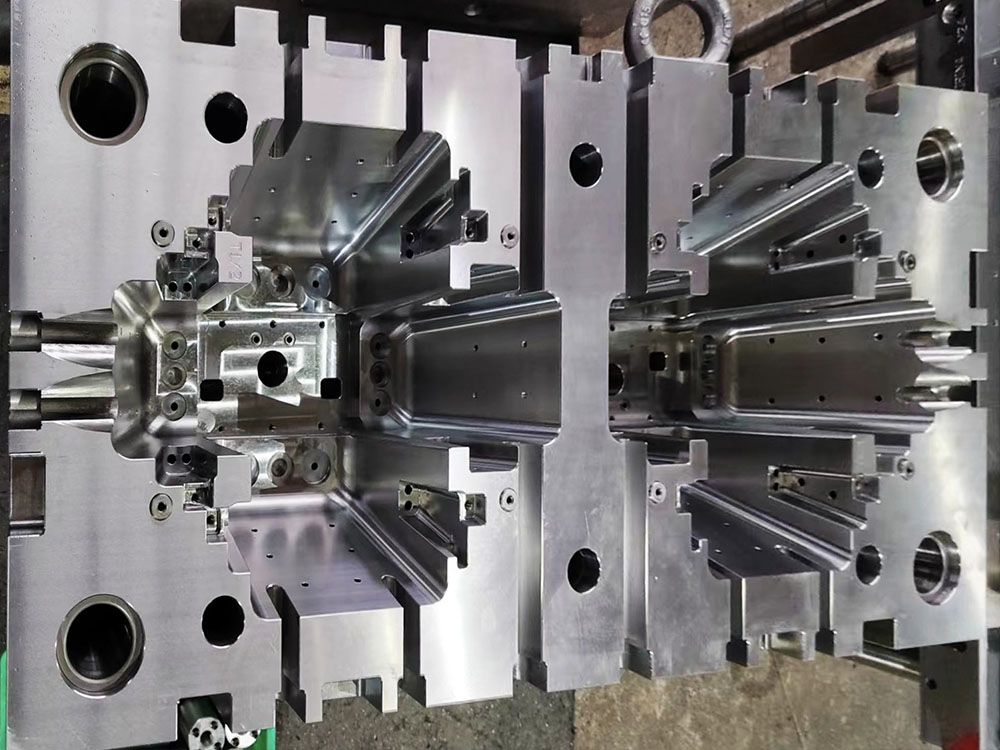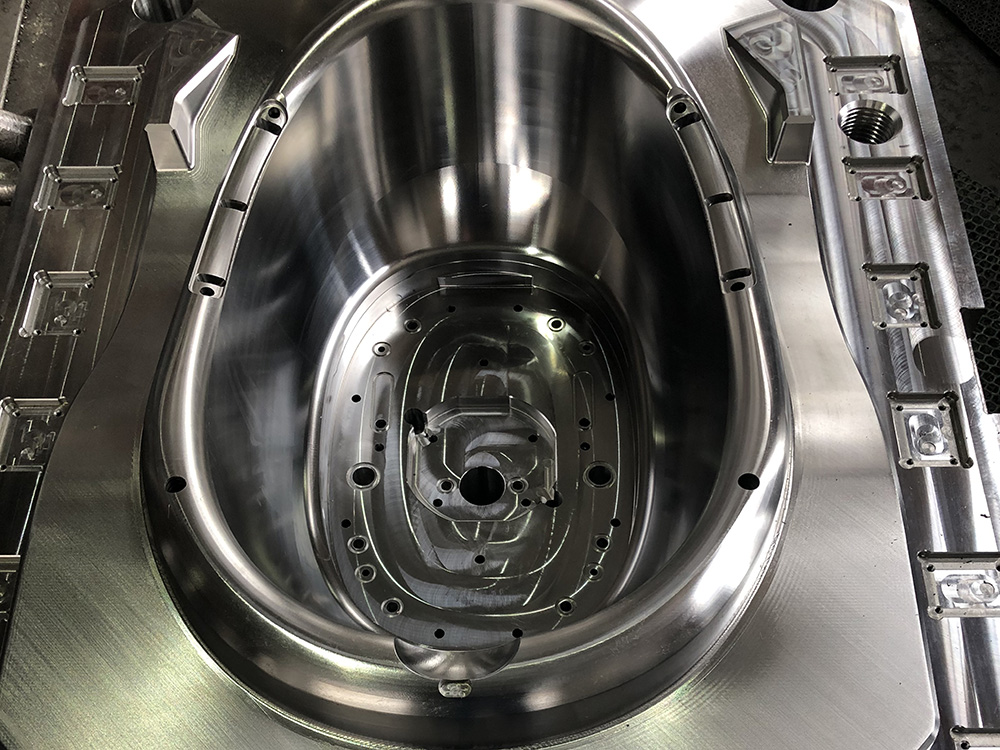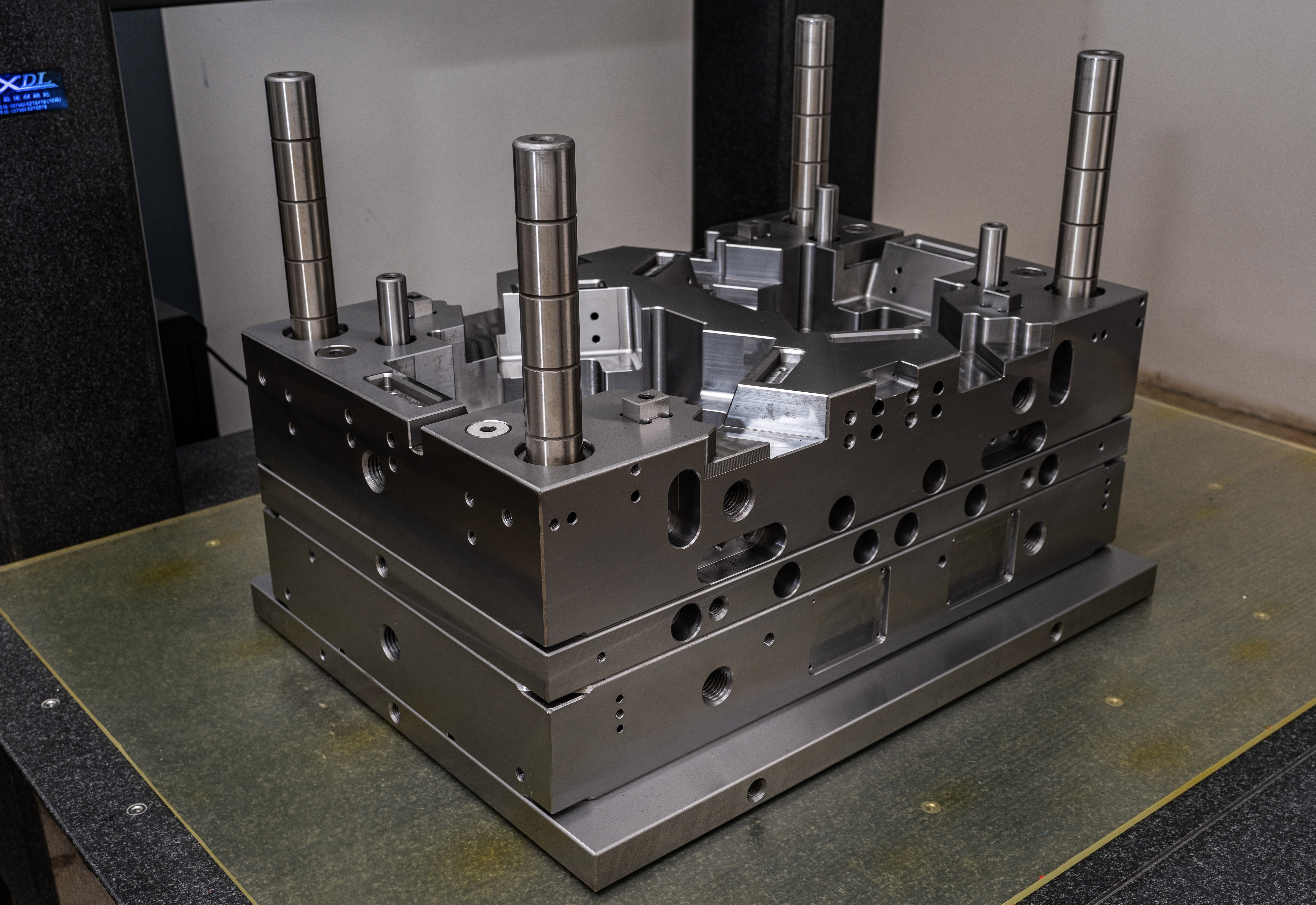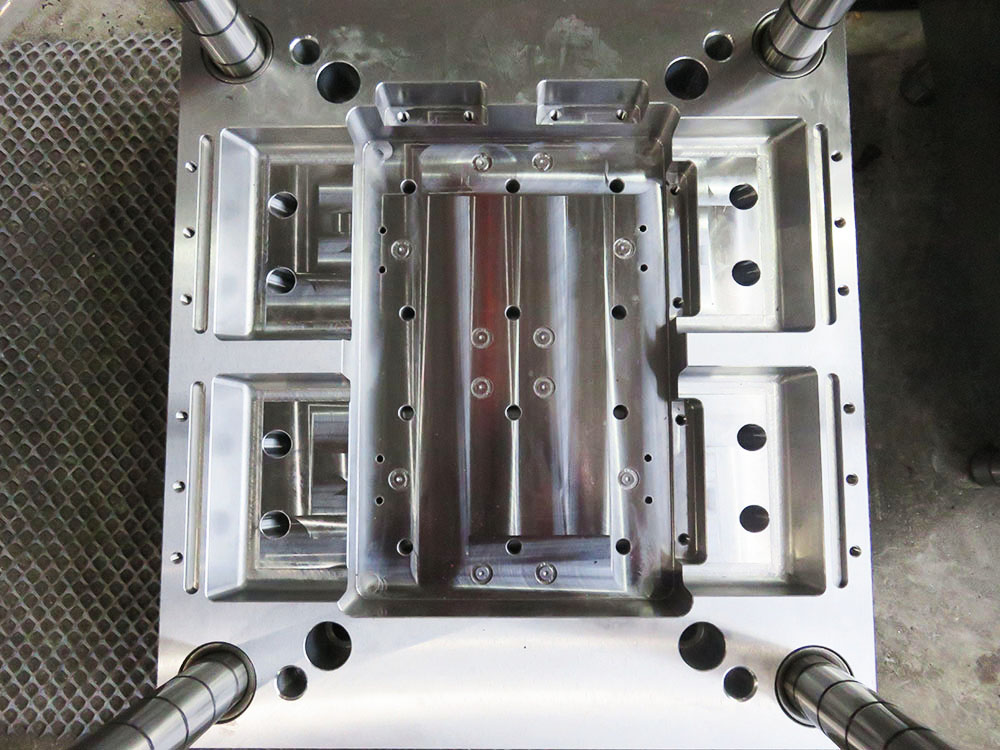Modular Construction in the Mold Base Industry
Modular construction is an innovative approach to building that has gained significant popularity in the construction engineering sector. This method involves the prefabrication and assembly of various building components off-site, which are then transported to the final construction site for installation. Modular construction has transformed the mold base industry, bringing forth numerous advantages and advancements in the field.
Improved Efficiency and Productivity
One of the key benefits of modular construction in the mold base industry is the improved efficiency and productivity it offers. The modular components are designed and manufactured in a controlled factory environment, allowing for increased precision and accuracy. This standardized production process significantly reduces the occurrence of errors and rework, resulting in time and cost savings for mold base manufacturers.
Additionally, the simultaneous construction of building components at the factory and the on-site preparation can significantly shorten the overall construction time. With modular construction, mold base companies can complete projects in a fraction of the time required by traditional construction methods, allowing them to meet tight deadlines and deliver molds to clients more quickly.
Enhanced Quality Control
In the mold base industry, precision and accuracy are of utmost importance. Modular construction enables manufacturers to maintain higher levels of quality control throughout the production process. By adhering to strict manufacturing guidelines and using advanced technology, mold base companies can ensure that each modular component meets the required specifications.
The controlled factory environment also minimizes the impact of unfavorable weather conditions or external factors, which can often hamper traditional construction projects. As a result, modular construction reduces the risk of damage or structural issues that could affect the final quality of the mold base.
Cost Savings
Modular construction offers significant cost savings for mold base companies. The streamlined production process reduces material waste and lowers labor costs. Additionally, the controlled factory environment allows for better inventory management, optimizing material usage and minimizing inventory losses.
Transportation costs are also reduced in modular construction. Since the components are prefabricated off-site, they can be easily transported to the final construction site, often in fewer trips and with smaller vehicles. This leads to savings in transportation logistics, fuel consumption, and related expenses.
Sustainability and Flexibility
Modular construction aligns with sustainable practices in the mold base industry. The industrialization of the construction process reduces environmental impacts by minimizing waste generation and site disturbance. The controlled factory environment ensures the proper management of resources and reduces energy consumption.
Moreover, modular construction provides flexibility to mold base companies. As the components are manufactured separately, they can be easily modified or expanded in the future to accommodate changing requirements. This adaptability allows manufacturers to respond quickly to client demands and adapt to evolving market trends.
Conclusion
Modular construction has revolutionized the mold base industry, offering improved efficiency, enhanced quality control, cost savings, and sustainable practices. Its standardized production process and controlled factory environment have significantly transformed traditional construction methods. With the numerous advantages it brings, modular construction is a promising approach that will continue to shape and drive advancements in the mold base industry.




